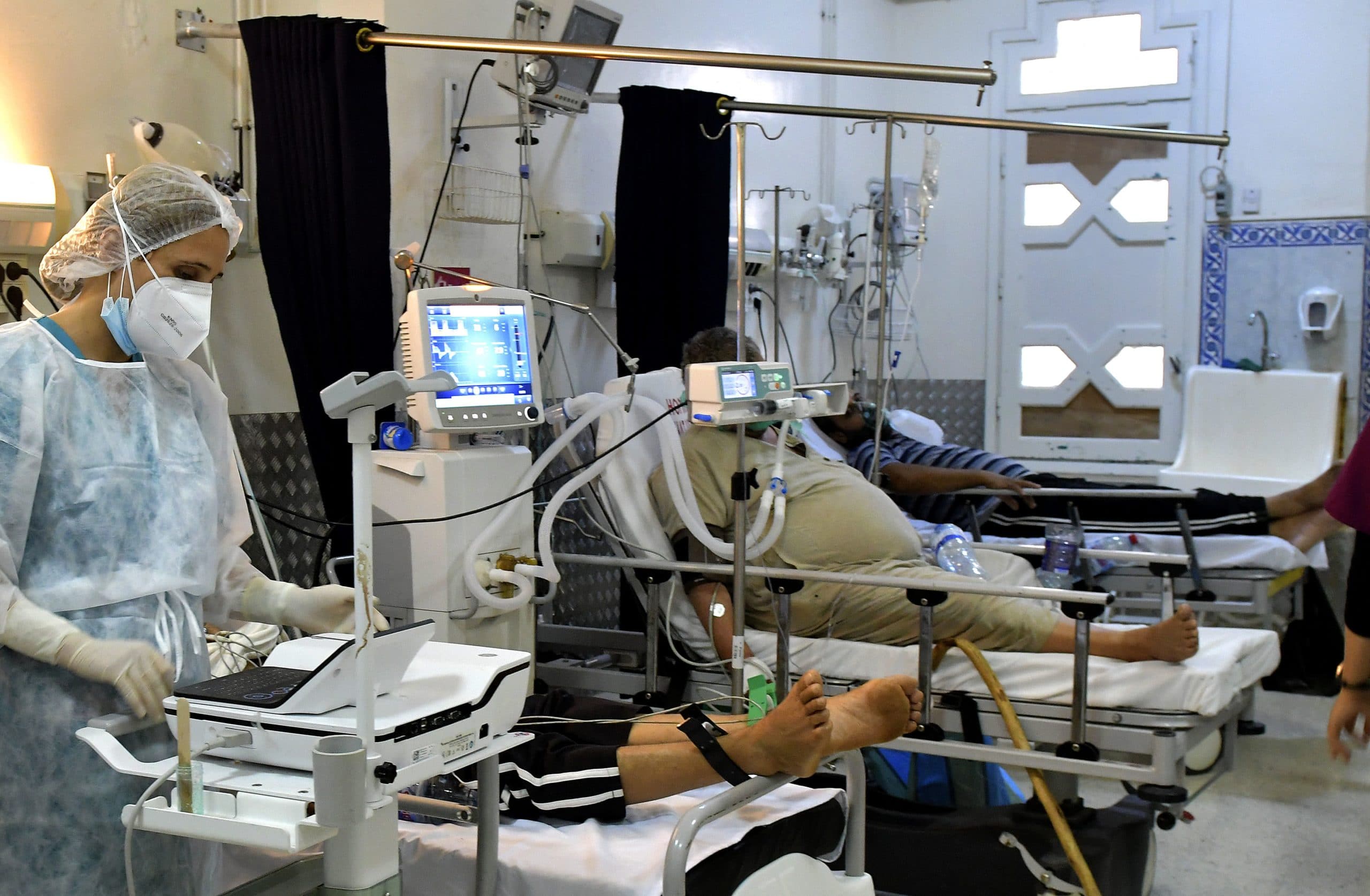TOPLINE
New research found that organs like the heart, liver and kidneys may still be affected by Covid well after the lungs have healed, affirming previous research that long Covid can affect multiple organs.
KEY FACTS
A new study published in Science Translational Medicine on Wednesday reviewed how Covid can negatively affect organs other than the lungs, resulting in long Covid.
Long Covid (also called post-Covid) is lingering symptoms—like loss of smell or taste, chest pain, shortness of breath or brain fog—following recovery from a Covid infection that can last for weeks or even years, according to the Centers for Disease Control and Prevention.
The cause of the issue stems from when the virus’ proteins bind to the genes of the mitochondria, the cells’ energy producer, which can negatively impact the body’s organs, leading to dysfunction.
The study also found that even if mitochondrial gene expression recovered in the lungs, the first organ affected by Covid infection, it can still negatively impact other organs, including the heart, liver and kidneys.
Long Covid most commonly affects people who suffered from severe Covid symptoms, people with underlying conditions, the unvaccinated and those who had multisystem inflammatory syndrome—a rare condition associated with Covid in which body parts like the kidneys and brain become inflamed—during or after Covid, the National Library of Medicine reports.
A study published in February by the American College of Cardiology found having long Covid doubled a person’s risk of developing cardiovascular health issues.
A separate study published in the journal of International Urology and Nephrology found that long Covid may play a part in the development of chronic kidney disease and acute kidney injury.
CRUCIAL QUOTE
“This study provides us with strong evidence that we need to stop looking at Covid-19 as strictly an upper respiratory disease and start viewing it as a systemic disorder that impacts multiple organs,” Douglas C. Wallace, the study’s coauthor, said in a statement. “The continued dysfunction we observed in organs other than the lungs suggests that mitochondrial dysfunction could be causing long-term damage to the internal organs of these patients.”
BIG NUMBER
65 million. That’s how many people worldwide are estimated to suffer from long Covid, according to a study published in Nature in February.
KEY BACKGROUND
A recent report published in the Lancet found that Covid vaccines could potentially reduce the risk of developing long Covid, with data suggesting two doses is more effective at protection than one. According to MedlinePlus, a site run by the National Institutes of Health’s National Library of Medicine, post-Covid symptoms may present in one of three ways: Patients may develop new health issues months after a Covid infection; they seem to recover from Covid, but their symptoms come back; or they have symptoms that can linger for a span of days to years. Long Covid symptoms can include heart palpitations, chest pain, diarrhea, stomach pain, coughing, shortness of breath or neurologic symptoms—like brain fog, headaches or sleep problems. There is not a certain test for long Covid. To diagnose it, a physician will ask about a patient’s medical history, conduct a physical exam and they may order blood work and imaging tests.
TANGENT
New research published in medRxiv suggests that genetics may play a role in who develops long Covid. The researchers looked at data from 24 different studies with almost 6,500 participants and found that patients with long Covid were more likely to share DNA around a gene called FOXP4, which is a gene that may be involved in immune responses in the air sacs of the lungs. However, just because a patient has the FOXP4 gene doesn’t guarantee they will develop long Covid. The gene has previously been found to play a role in tumor growth in lung cancer.
FURTHER READING
Long Covid Linked To Heart Problems: Here Are The Symptoms – And Who’s At Risk (Forbes)
